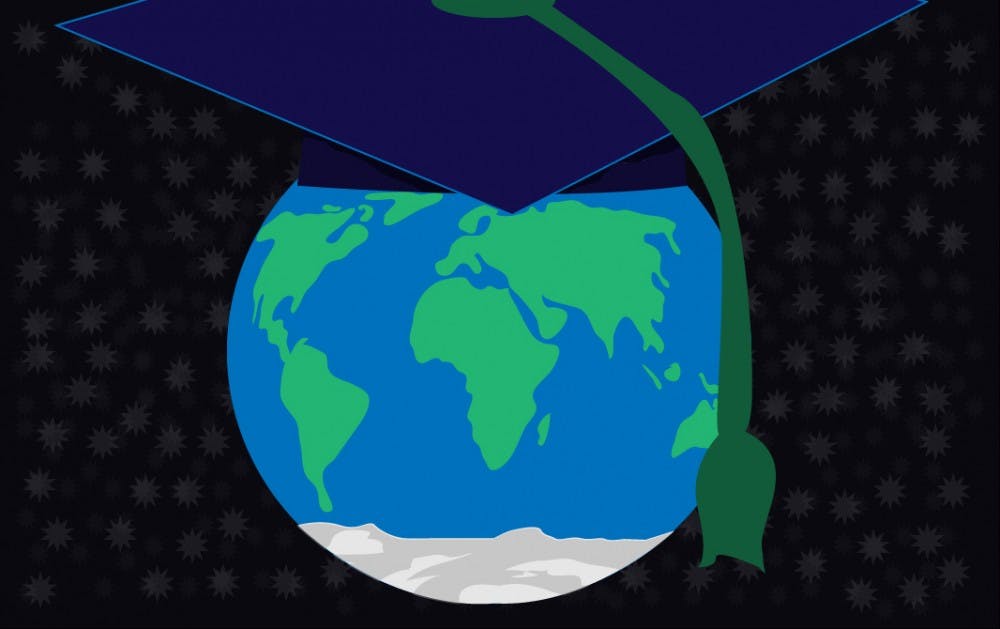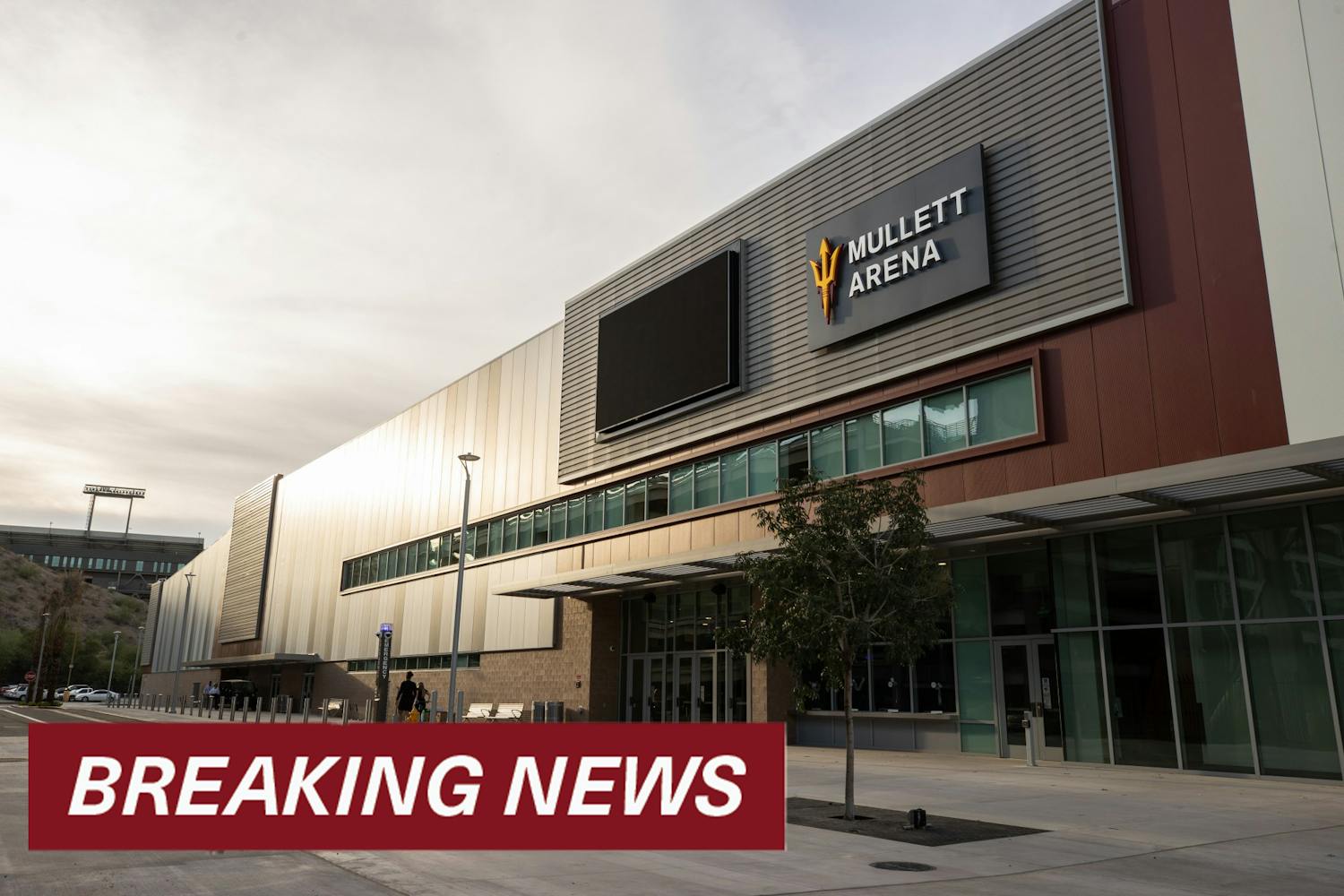Spanning across multiple countries, ASU’s Education for Humanity seeks to provide education to displaced learners.
The program offers online classes from topics on learning to teacher training, and is most often utilized by students ages 18 to 35. The program also uses additional content from Global Launch and ASU Online.
Nicholas Sabato, director of country programs for Education for Humanity, said that fostering education and career readiness are key goals for the initiative.
“What we really want to do is reflect the ambitions of learners in their particular context,” Sabato said. “For some that’s a degree and for others it’s something like small business knowledge, and if we’re able to provide information infused with local relevance, that’s a success.”
Sabato said that they have nearly 500 learners across multiple countries which include Lebanon, Iraq and Jordan.
“The notion of refugee education is extremely humbling," Sabato said. "Displacement is something that is very complex, and some of these individuals have been through traumatic situations and still want to pursue higher education. For us, our success is measured in how many learners have access.”
Education for Humanity first launched in April 2017 and has further plans for expansion in both educational opportunities and international partnerships, with a master's degree program in the works. ASU first-year courses will also be offered to learners in northern Uganda.
Pamela DeLargy, the executive director of Education for Humanity, has worked with refugees for more than 20 years and said that education can make a large difference in the success of a community.
“With the politicization of refugees, it’s easy to forget that they’re people like us who had something really bad happen in their home and had to flee – these are people who lost family, friends, home, they lost any property they had,” DeLargy said. “They shouldn’t lose access to education just as they shouldn’t lose access to food or shelter.”
Though providing education is crucial to Education for Humanity, it does not come without challenges. Internet access, unbalanced technology developments and language barriers proved to be a difficulty in the initiative.
However, through work with governments or humanitarian efforts, Education for Humanity does its best to continue providing opportunities despite technical difficulties.
DeLargy said that one future goal of the initiative is to eventually connect learners with ASU students on campus.
Education for Humanity is managed by EdPlus, an ASU organization that aims to make education more accessible through technology, innovation and collaboration.
Karin Wachter, an assistant professor in the School of Social Work, said that “education is everything.”
Wachter said that a more educated society is a more productive society and education can provide equal opportunities for people to earn leadership roles.
“In programs like Education for Humanity, something that is really important is educating the educators," Wachter said. "There are going to be so many challenges and things that they need to stay on top of, but taking the time to do research and find the best way to educate these people is going to be so rewarding."
Reach the reporter at kreinha3@asu.edu and follow @ReinhartKatelyn on Twitter.
Like The State Press on Facebook and follow @statepress on Twitter.




